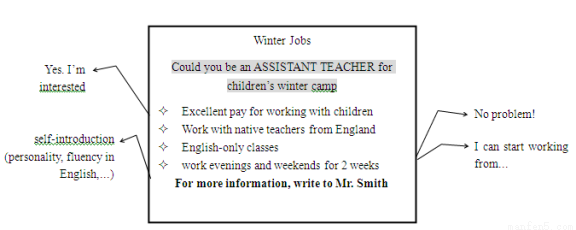题目内容
Why do we read poetry? First obvious one: because we enjoy it. The only other reason is for academic purposes, and that's not why this is here.
Many of us read poetry simply because we often feel depressed and hopelessly lost, and in poetry we see how beautiful and strange everything is. So in that way poetry calms our anxiety.
There are many different kinds of poems. They are not all calming. Some poems make me anxious, angry, scared, and sad, which is why I value them. As a reader, I want a full meal, not just dessert. I want the sweet and the bitter. Often, I read poetry when I'm already relaxed. In fact, I read more when I'm not stressed out.
Here are the main reasons I respond to poetry, as far as I can tell. Metrical(格律的) poems are about setting up rules and then bending them. Usually, this is done by setting up a rhythm and then violating it or almost violating it. And then returning to it again. This satisfies my desire for order and also my desire for testing boundaries.
Poetry plays with language and often slams words together in surprising ways, which is thrilling the way food can be when the chef has paired ingredients you never thought would taste good together but somehow do.
Many poems are dense. Words mean two or three things at once and lots of suggestions are packed between the lines. This is intellectually inspiring and it allows me to read the same poem over and over always finding new things in it.
And, of course, there's the subject matter. It interests me just as it would if the same subject was explored in a story or essay. Not all poems interest me in this way, but then not all stories and essays do, either.
1.What kind of poems does the author probably enjoy reading?
A. Academic poems. B. Valuable poems.
C. Poems that calm readers down. D. Poems that arouse feelings.
2.What does the underlined word "it" in Paragraph 4 refer to?
A. Setting up a rhythm. B. Poetry. C. Violating rules. D. Rhythm.
3.Why does poetry appeal to the author'?
A. It plays with words. B. It sounds surprising.
C. It is rich in meaning. D. It is filled with new ideas.
4.What can we infer from the text?
A. The author doesn't like all the essays. B. Reading poems requires patience.
C. The subject counts a lot to the author. D. Writing poems is similar to cooking.



 B.
B. 
 D.
D. 